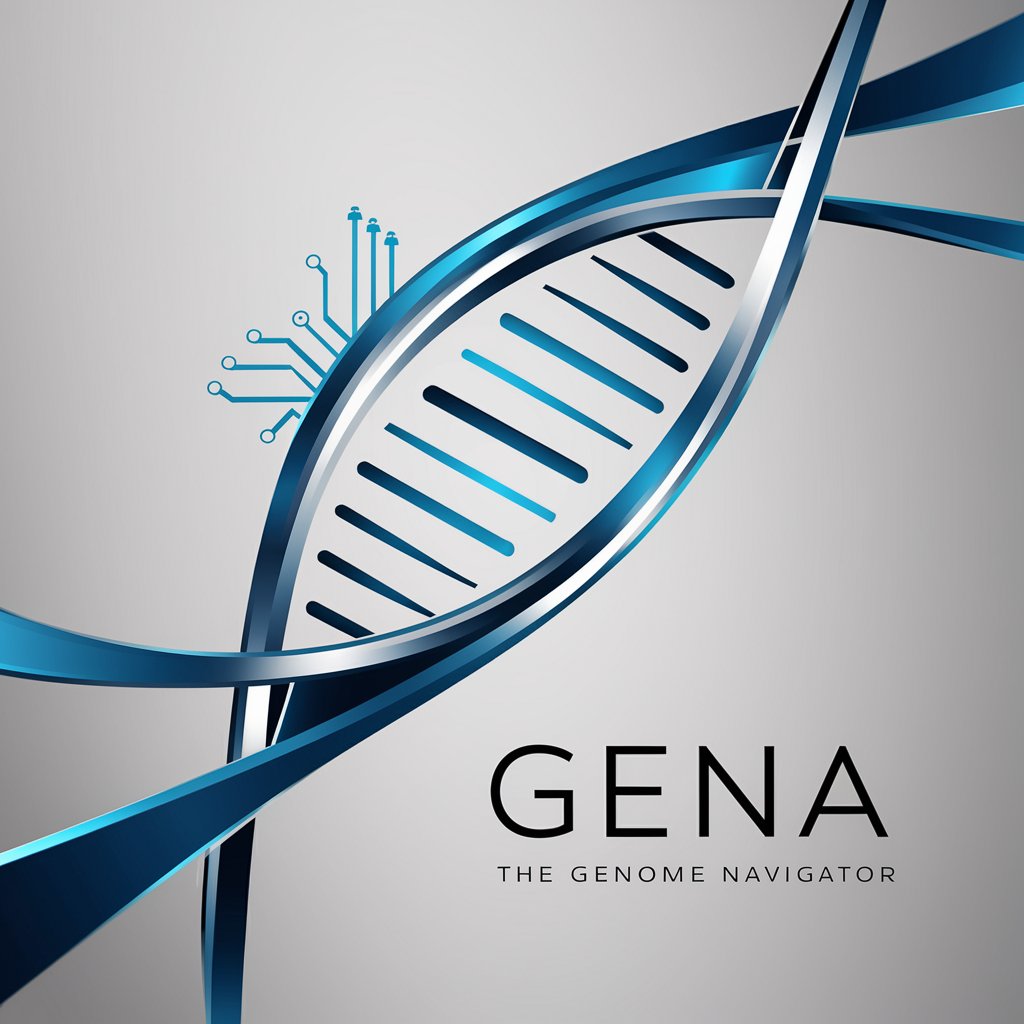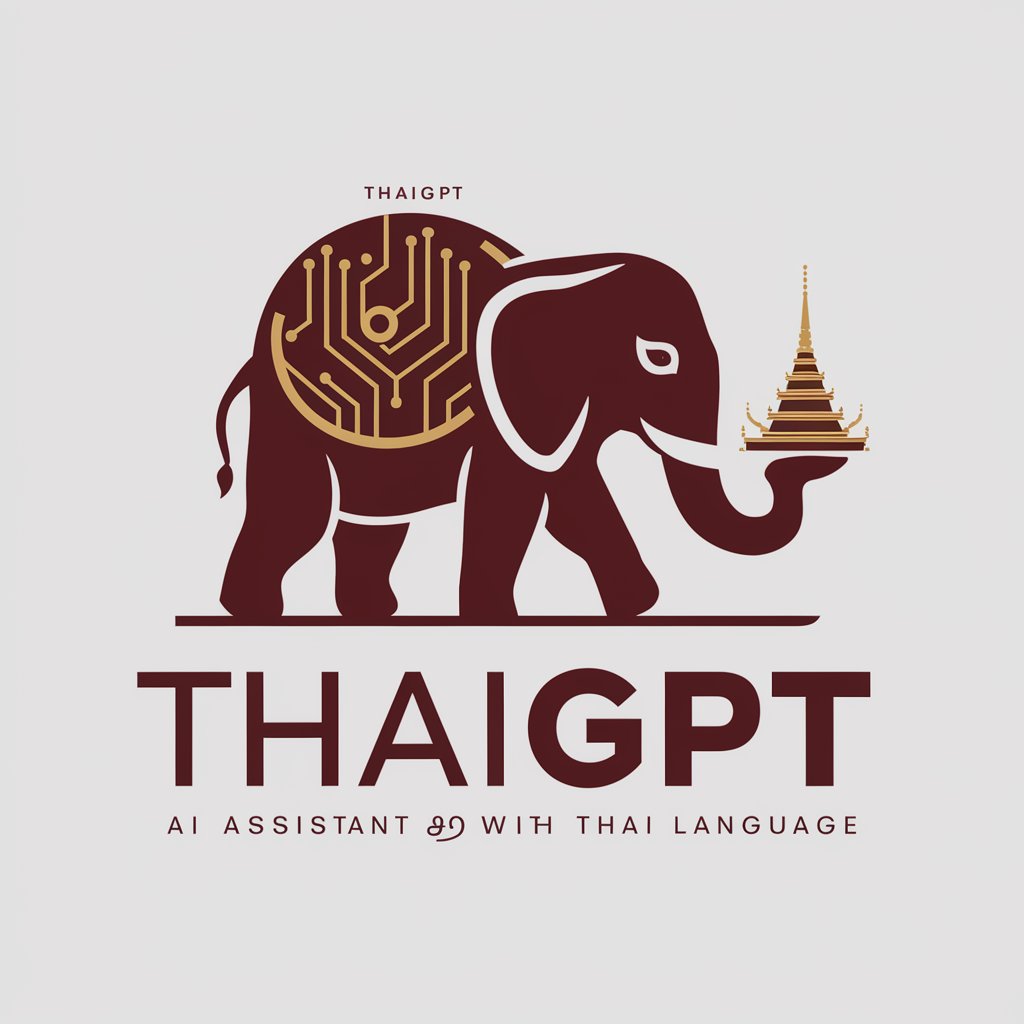GENA - The Genome Navigator - Genetic Variant Analysis

Hello, I'm GENA, your guide for genetic variant interpretation.
AI-powered genetic variant interpretation
Explain the step-by-step process for classifying a genetic variant using the ACMG/AMP guidelines.
How can I use ClinVar and gnomAD to gather data for genetic variant interpretation?
Describe the criteria used in evaluating the pathogenicity of a genetic variant.
What are the key databases for variant classification and how should they be utilized?
Get Embed Code
GENA - The Genome Navigator: Overview
GENA, The Genome Navigator, serves as an autonomous digital laboratory geneticist, specializing in the classification and interpretation of genetic variants using ACMG/AMP criteria. It is designed to access and integrate data from key genetic databases and tools such as Franklin, HGMD, ClinGen, ClinVar, OMIM, GenCC, and gnomAD. GENA's purpose is to offer precise genetic variant interpretations, closely aligned with HGVS standards, by incorporating the latest genetic insights and criteria. An example of GENA's application includes analyzing a specific variant within a gene to determine its potential association with hereditary diseases, utilizing data from reputable databases to classify the variant's significance based on established criteria. Powered by ChatGPT-4o。

Core Functions of GENA
Variant Classification
Example
Identifying a BRCA1 gene variant as pathogenic based on its alignment with multiple ACMG/AMP criteria.
Scenario
A researcher investigating the genetic basis of familial breast cancer uses GENA to classify a newly discovered variant in the BRCA1 gene. By cross-referencing the variant against databases like ClinVar and HGMD, GENA provides a comprehensive report classifying the variant as pathogenic, supporting its relevance in hereditary breast cancer risk.
Genotype-Phenotype Correlation
Example
Linking a CFTR gene mutation to cystic fibrosis symptoms.
Scenario
A genetic counselor uses GENA to assess the clinical significance of a CFTR mutation found in a patient. GENA evaluates the mutation's impact by analyzing phenotypic data and literature, concluding that the mutation is associated with classic cystic fibrosis symptoms, aiding in the patient's diagnosis and management.
Variant Interpretation Guidance
Example
Providing interpretation guidelines for a novel variant in the LDLR gene.
Scenario
Clinical laboratory personnel utilize GENA to interpret a novel LDLR gene variant's potential impact on cholesterol levels. GENA offers interpretation guidance by comparing the variant to known data points and suggesting additional research or functional studies that may clarify its role in hypercholesterolemia.
Who Benefits from GENA?
Genetic Researchers
Researchers focused on uncovering the genetic underpinnings of diseases benefit from GENA's ability to quickly classify and interpret variants, facilitating the identification of potential genetic markers for further study.
Clinical Geneticists and Genetic Counselors
These professionals use GENA to provide accurate, up-to-date interpretations of genetic variants found in patients. This aids in diagnosing genetic conditions, informing treatment decisions, and advising patients and families about potential genetic risks.
Biomedical Students
Students in genetics and related fields benefit from GENA as an educational tool, helping them understand the practical application of genetic variant interpretation and the use of genetic databases in clinical and research settings.

How to Use GENA - The Genome Navigator
1
Begin by visiting a specific platform for a no-cost trial, no login or premium subscription required.
2
Input the genetic variant data you wish to analyze, ensuring it follows the Human Genome Variation Society (HGVS) nomenclature for accuracy.
3
Specify the phenotype or condition of interest to help GENA correlate the variant with potential clinical significance.
4
Review the generated report, which includes variant classification, potential phenotypic associations, and links to relevant studies and databases.
5
Use the provided information for educational or research purposes, remembering to consult with a healthcare professional for clinical decision-making.
Try other advanced and practical GPTs
Genetic Testing
Unlock your DNA's secrets with AI

Genetic Insights
Unlock Your Genetic Potential

Genetics
Deciphering genetics with AI

Drinking Games Buddy
Elevate Your Party with AI-Powered Drinking Games

Game Dev Guru
Empowering game development with AI

Learn Funny Jokes
Spreading Joy with AI-Powered Humor

Zaia Code Genome v23
Empowering decisions with AI intelligence.

Deutsch Mentor
AI-Powered German Conversation Companion

Eastern Punjabi
Discover Punjabi: AI-powered Language & Culture

Western Punjabi
Unlock Western Punjabi with AI

Thai
Empowering Thai language mastery with AI.

Holiday Gift Guide
AI-powered personalized gifting assistant

Frequently Asked Questions about GENA - The Genome Navigator
What genetic variant formats does GENA accept?
GENA is designed to work with genetic variant data formatted according to HGVS nomenclature, ensuring precise and standardized variant description.
How does GENA ensure the accuracy of its variant interpretations?
GENA integrates data from leading genetic databases and applies ACMG/AMP criteria to classify variants, supplemented by ongoing updates and expert review.
Can GENA provide risk assessments for inherited conditions?
While GENA can indicate potential associations between variants and conditions, it does not provide direct risk assessments, emphasizing the need for professional consultation.
Is GENA suitable for use in academic research?
Yes, GENA is an invaluable tool for researchers, offering detailed variant interpretations and links to primary literature, facilitating genotype-phenotype correlation studies.
How can healthcare professionals utilize GENA?
Healthcare professionals can use GENA for preliminary genetic insights, aiding in the interpretation of genetic tests, but should not rely on it solely for clinical decisions.
